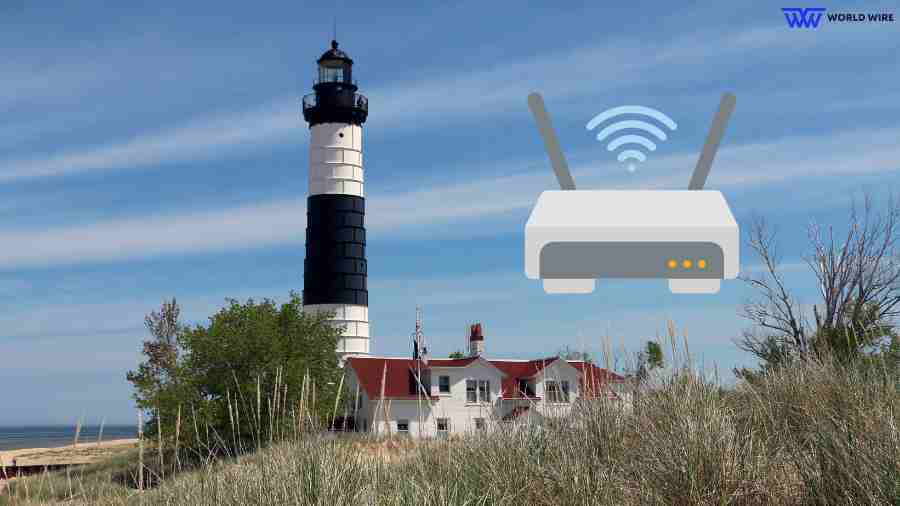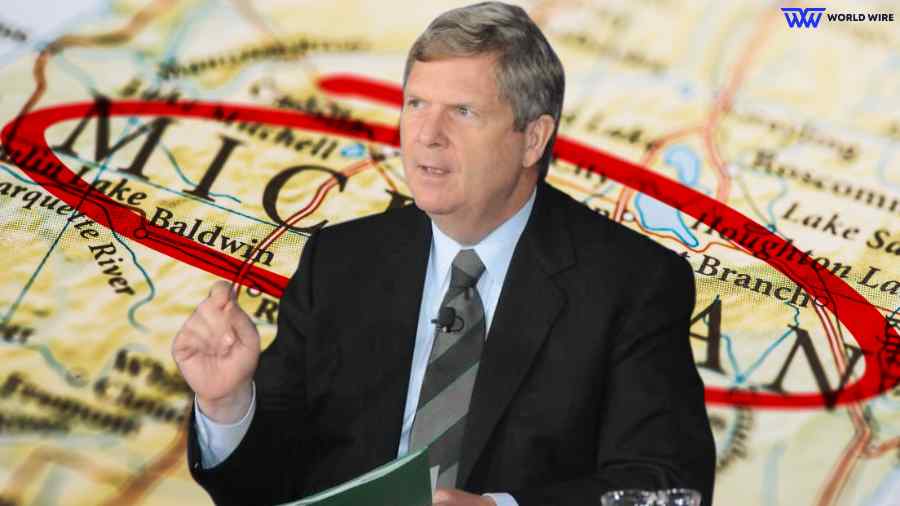With $1.5 billion in funding for expanding high-speed internet in Michigan, Eric Frederick, the Chief Connectivity Officer for the Michigan High-Speed Internet Office, solemnly believes that the funding made is enough to achieve the program’s objective.
Michigan has received funding under the Broadband Equity Access and Deployment (BEAD) program, which aims to ensure that everyone in Michigan has access to fast internet, especially in underserved areas.
Frederick believes that the amount is enough and can be used for fiber optic cables, which are very effective for high-speed internet, to connect almost everyone in Michigan who currently doesn’t have good internet service.
“I do believe it’s going to be enough,” Frederick said in an interview. “We’re focused on fiber in Michigan, so we have infrastructure that meets the needs of today as well as thirty years from now,” he added.
Michigan has received enough money from various programs to improve internet access, which has significantly reduced the number of places that still need better service.
Explaining this, Frederick stated that Michigan has received a lot of money from different programs to improve internet access.
For example:
- Michigan received the third-highest funding in the country from a program called RDOF (Rural Digital Opportunity Fund).
- Another program called ACAM has improved the internet for 50,000 locations, so they no longer need help.
- Michigan used its $250 million share of CPF to create a program called ROBIN, which has improved the internet for another 70,000 places.
Frederick and his team believe that, depending on the results of the current challenge process, there will be no more than 250,000 places left that need better internet.
Additionally, about 185,000 areas lack good internet service, which will be enhanced by connecting them to fiber-optic cables.
Michigan’s Current Status:

Michigan is currently in the “rebuttal phase,” which lasts 40 days. This phase follows the initial phase, which ended in early May.
During this time, Michigan is addressing any disputes or issues raised about the locations that need better internet service.
The NTIA (National Telecommunications and Information Administration) has ruled that if a provider plans to offer service to a location by June 30, that location is considered served and thus not eligible for BEAD funding.
However, Michigan is extending this deadline to December 31 for locations that will get fiber-optic internet.
Eric Frederick claims that 200,000 locations will likely be confirmed as needing service when the latest version (version 4) of the FCC’s broadband map is released.
However, the entire process should take no more than 120 days, and Michigan plans to finish resolving all disputes before July 1.
Frederick states that they are not rushing to get their plan approved until the rebuttal phase is complete, as he wants to avoid starting a 365-day deadline too soon.
“We are not even done with the challenge process, so I am not ready [for Volume 2 to be approved] until our challenge process is finalized and approved by NTIA. I cannot afford the ‘shot clock’ to start on me while I am waiting for approval on the challenge process from the NTIA.” He said.
BEAD applications will start in September, with a preregistration process in June. Actual work for laying fiber for BEAD networks won’t begin until 2026.







Add Comment